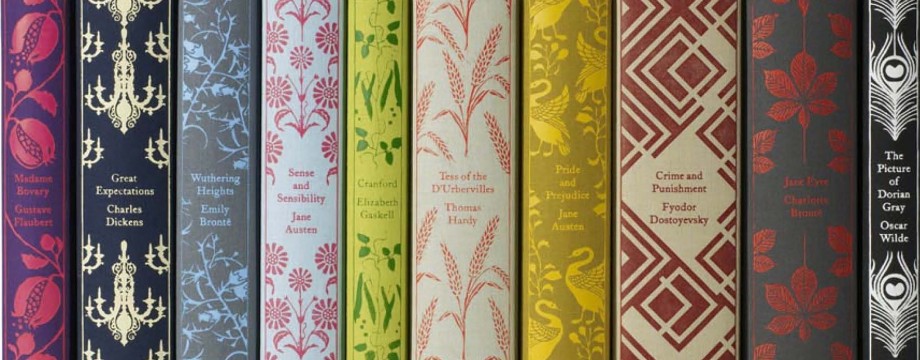I just finished another John Erskine book. As always, wonderful.
I found my first Erskine at last year’s library sale. The name caught my eye because of my best friend Anais Nin, who had her first big extramarital affair with Erskine. It was $1, so I figured the Nin connection was reason enough to buy it.
It turns out, Erskine is a marvelous writer. (Much better than Anais, but then many of her contemporaries were.) His novels are retellings of old legends: a few novels about Camelot figures, a few from the Trojan War, and so on. They’re mostly long conversations between characters, which sounds boring but isn’t.
My favorite is The Private Life of Helen of Troy, which deals with Helen’s life after returning home from the war with her first husband. She’s a wise, strange woman who befuddles everyone who comes near her, first with her beauty and then with her intellect and finally with her unique take on the world. Plus she throws out fun little epigrams, like “What we want very much always seems destined,” and “Murder is easier to forgive than beauty.”
Erskine’s works are a little pretentious and a little dated, sure, but a delight to read because of the way his characters have of laughing kindly at each other. There’s some Lawrence-esque stuff in here that I could do without — women who enjoy sex are wise and witty and warm and wonderful; women who don’t enjoy it are pinched and petty and prissy and perverse — but if you can chalk it up to the prejudices of his era (and ours, and ours) you can easily slide past all that, right down into the good stuff.
I can’t think who Erskine is like. You might check him out if you like Oscar Wilde. He isn’t a lot like Wilde, but there’s something there that brings Wilde to mind. I suppose it’s the epigrams.

